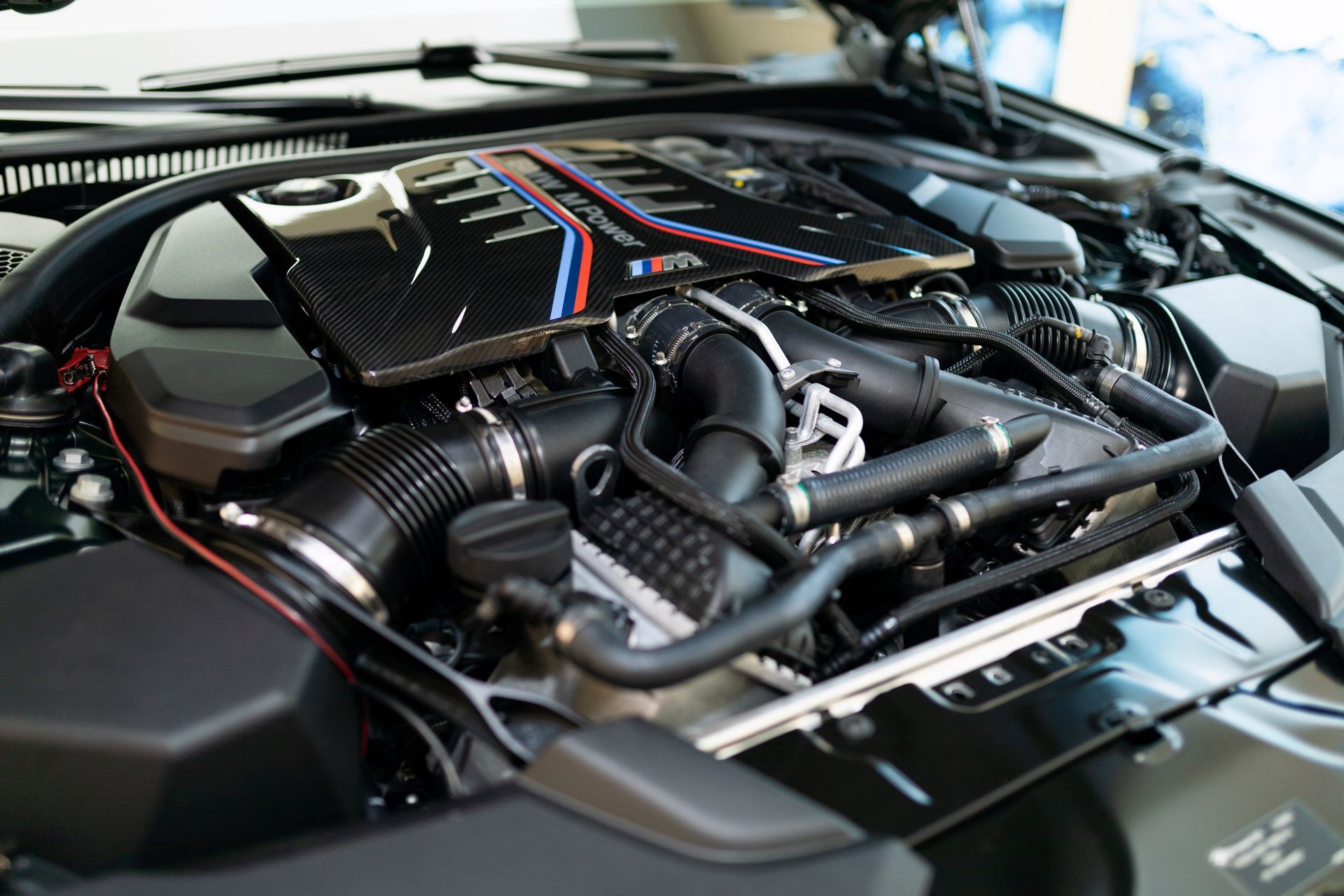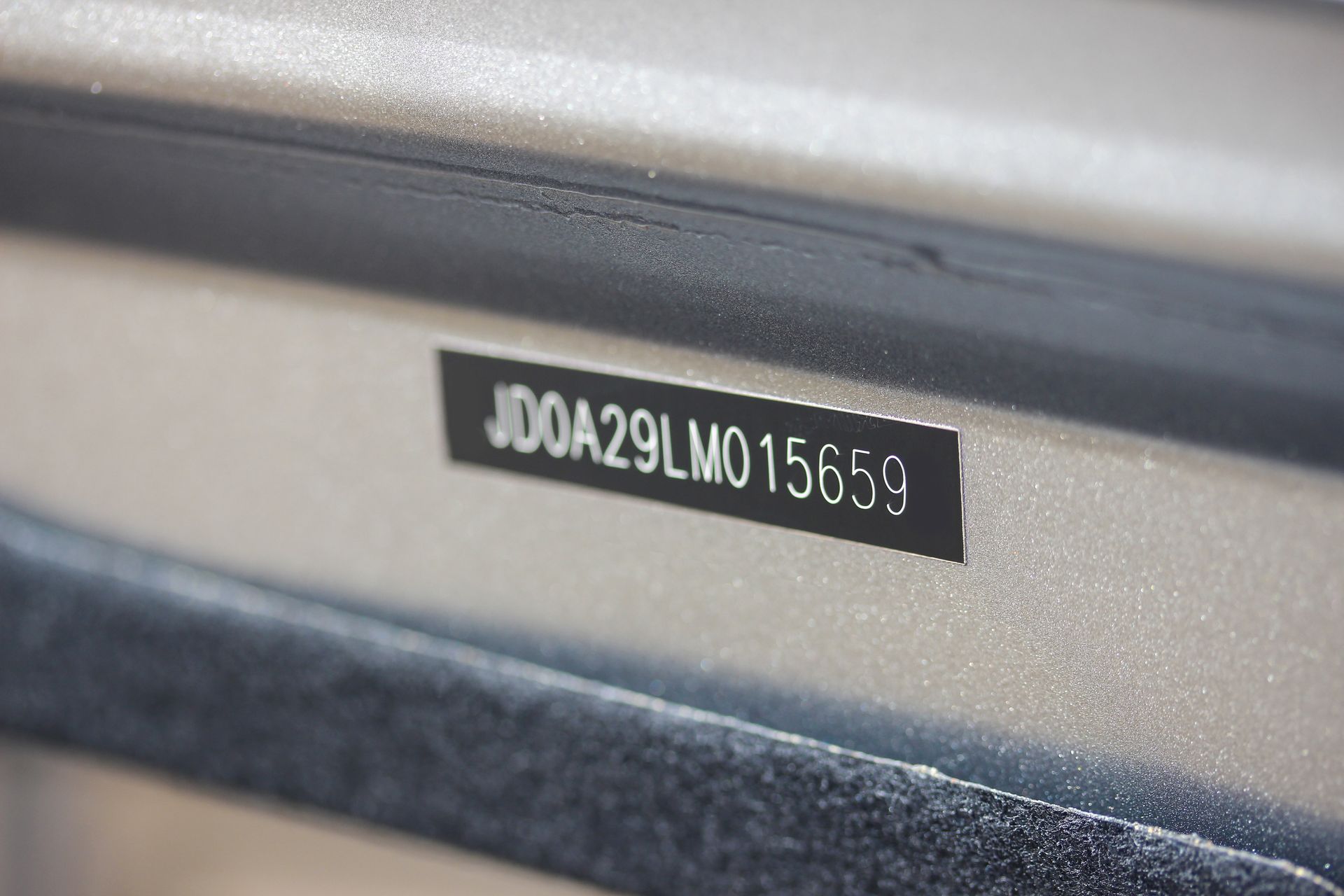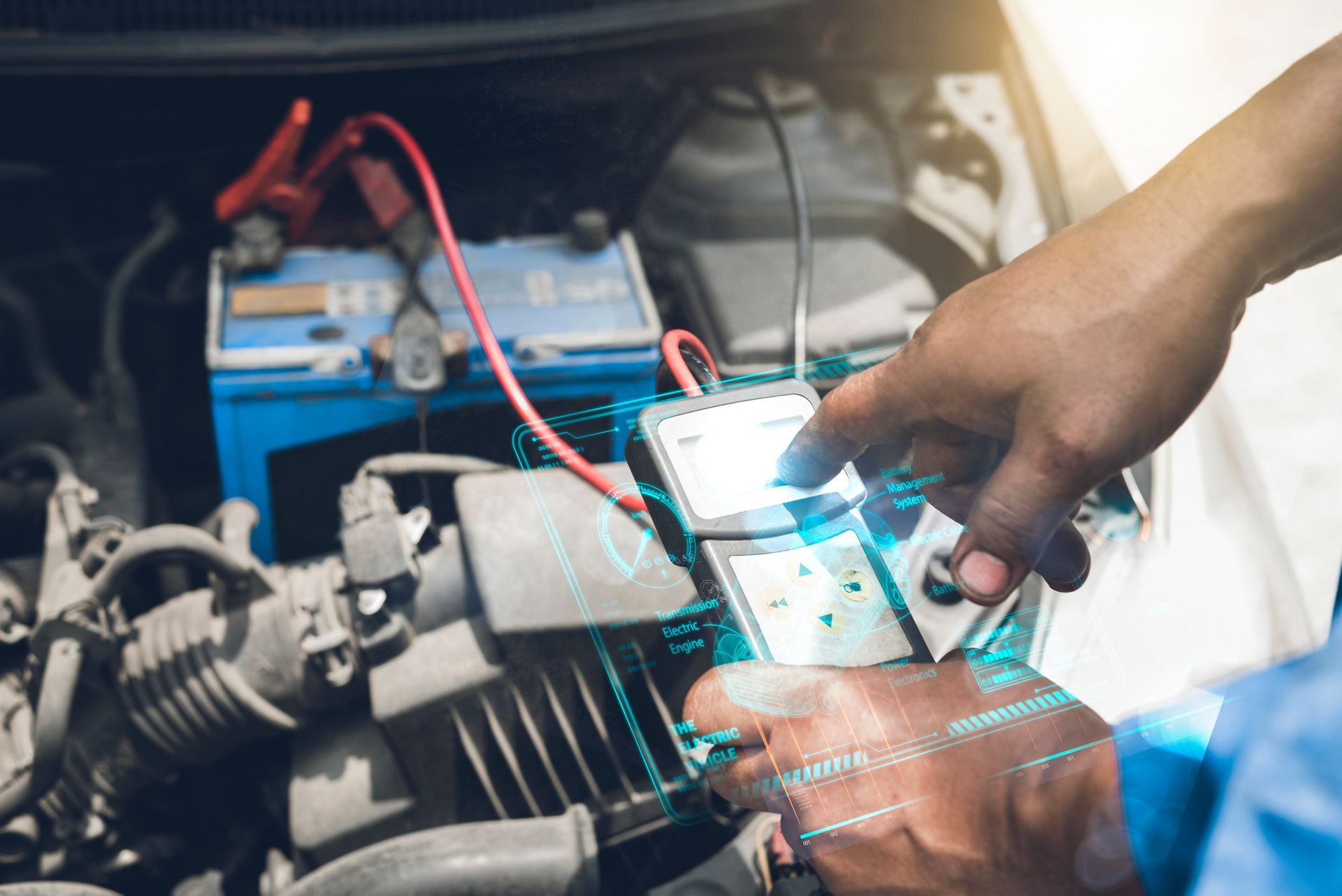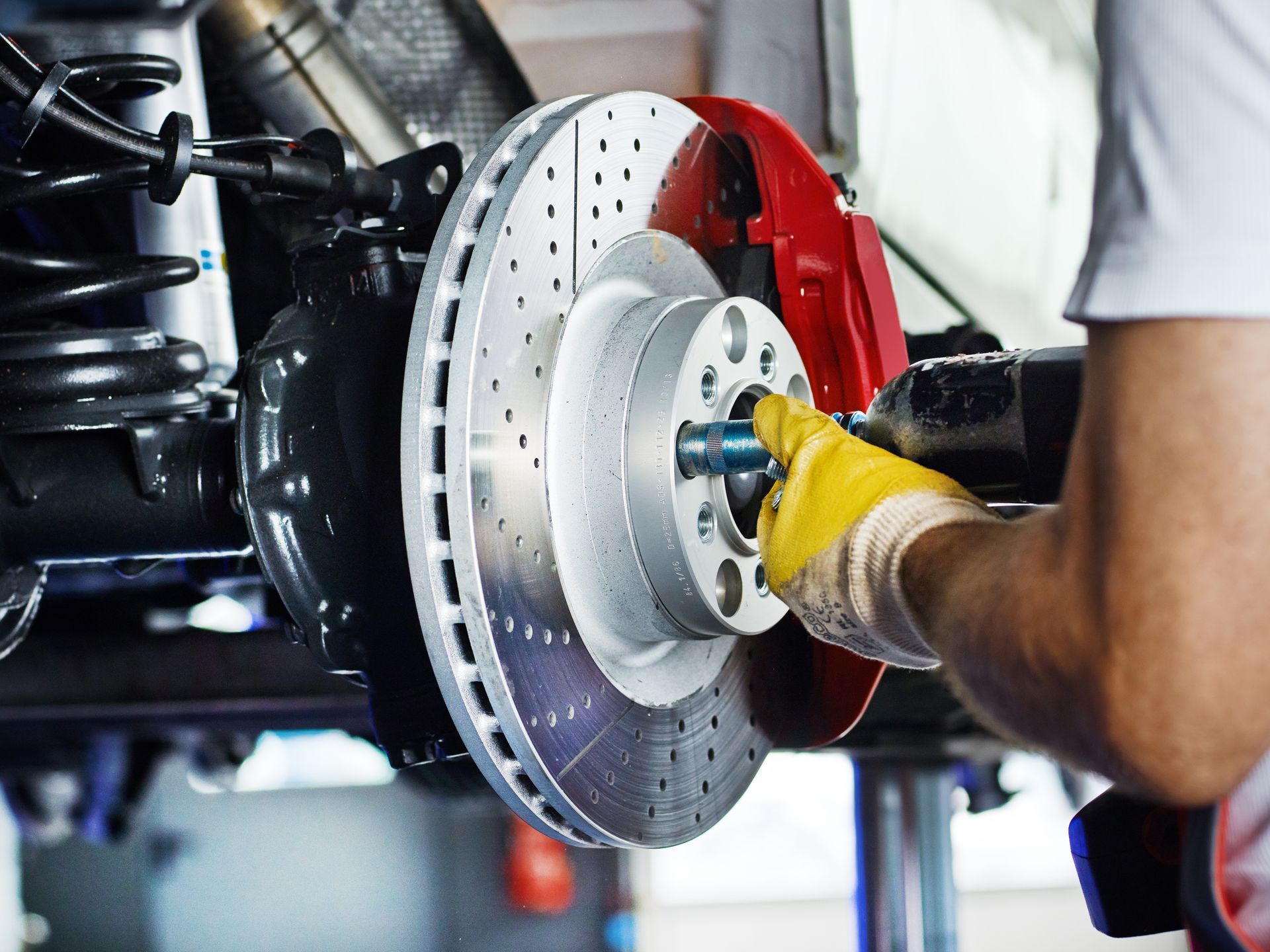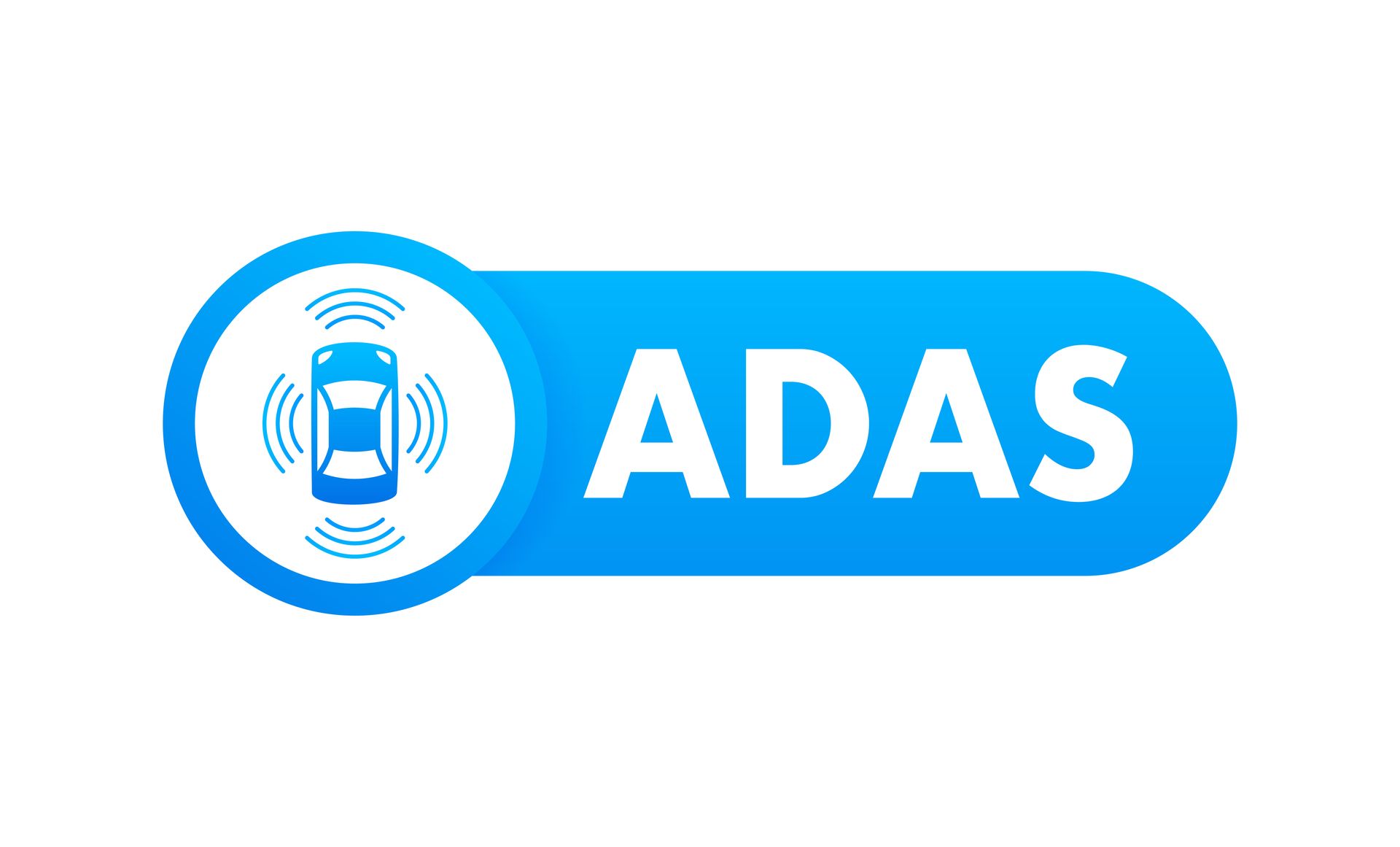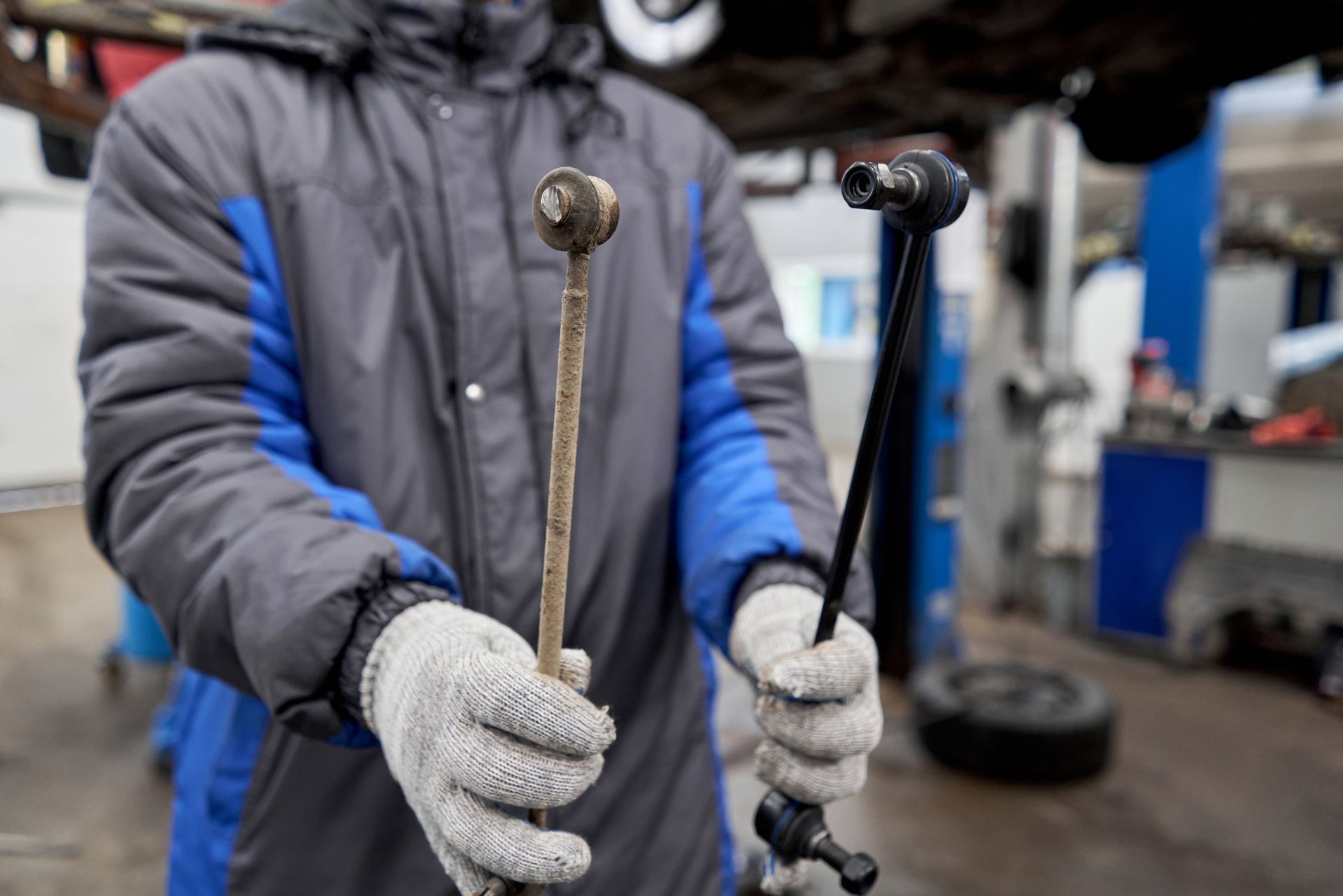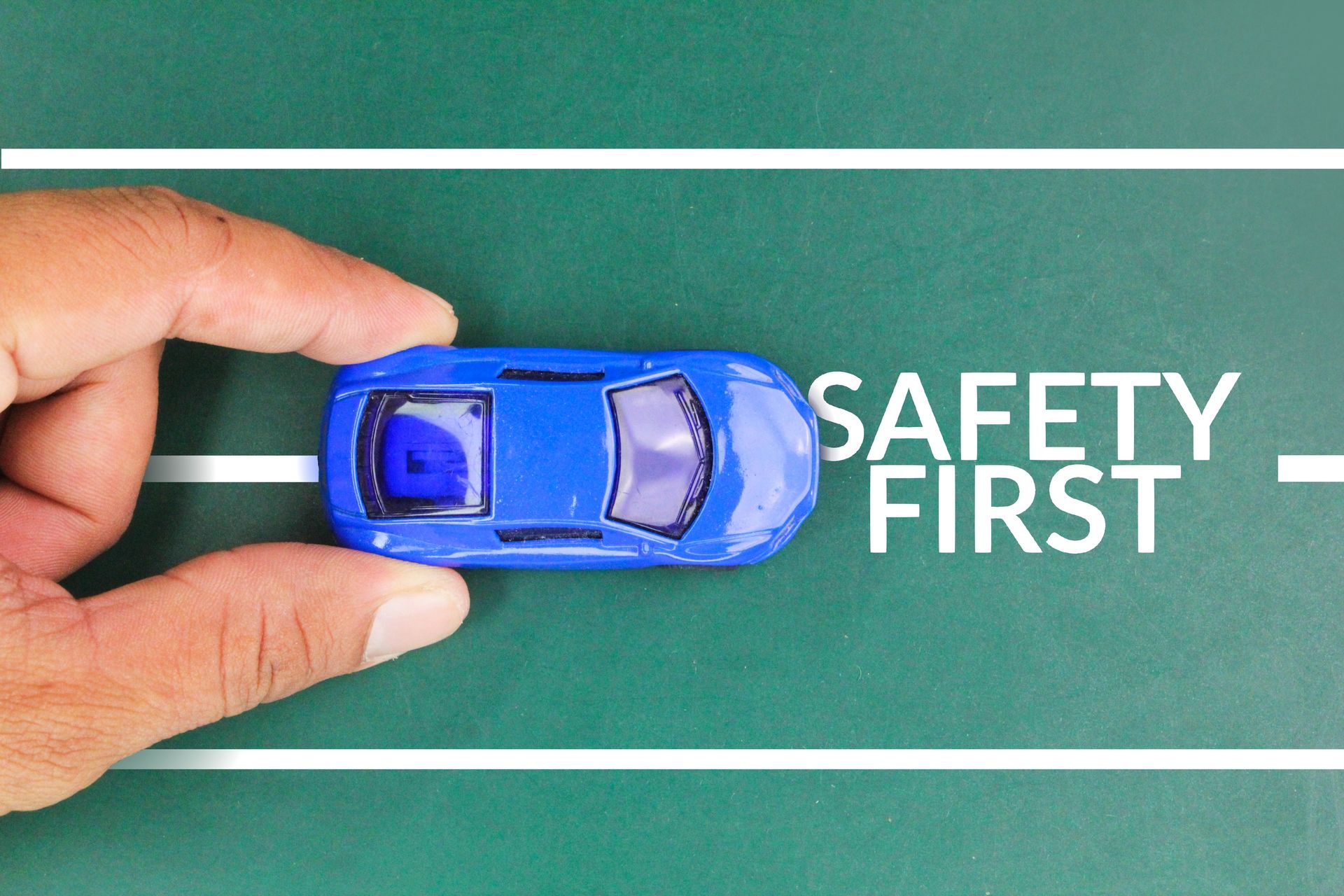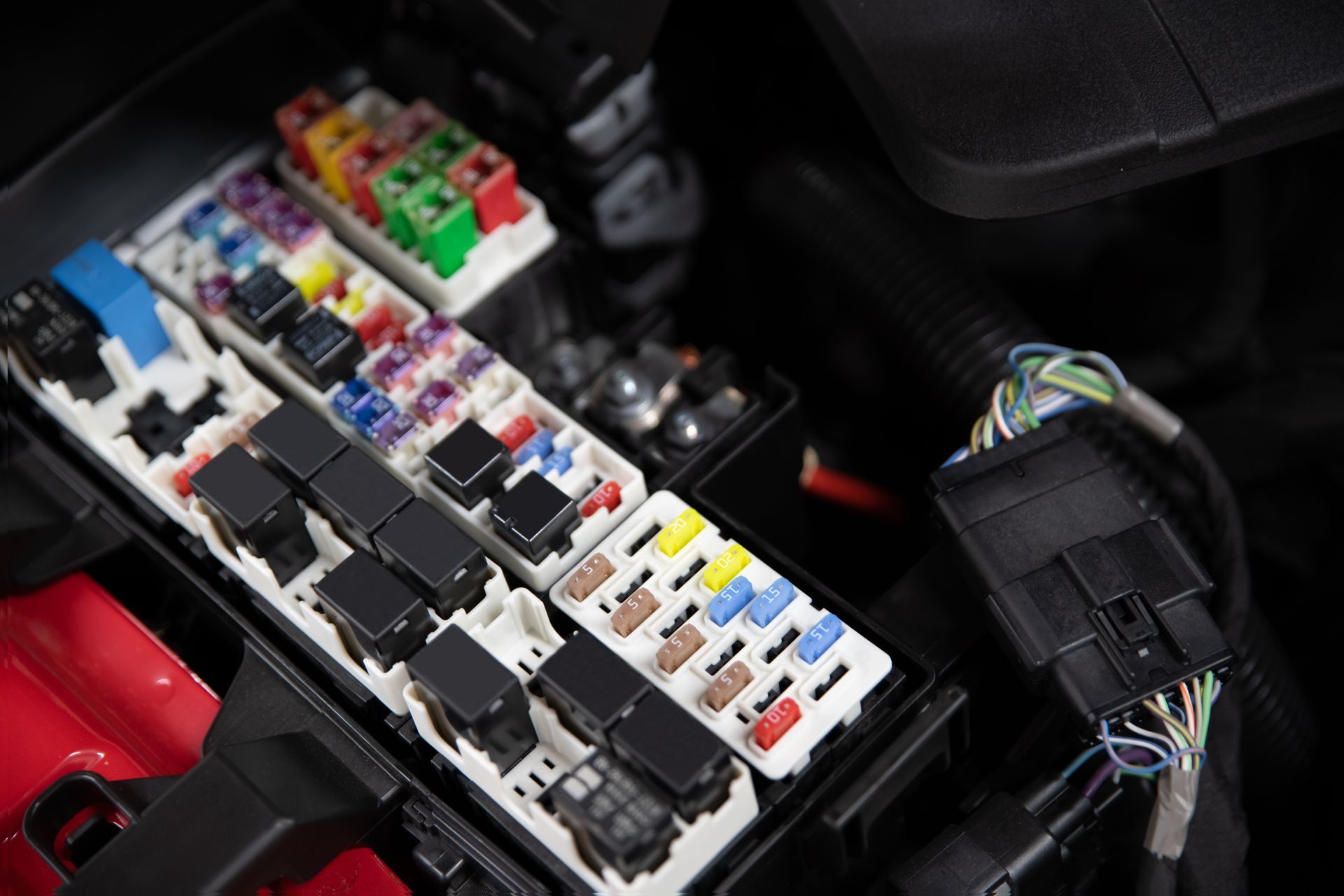European vehicles are known for their performance, precision engineering, and advanced technology. Brands like BMW, Mercedes-Benz, Audi, and Volkswagen have earned reputations for delivering a refined driving experience with cutting-edge features. However, these same strengths can also make diagnosing problems more complex than with many other vehicles.
If you own a European car, it is helpful to understand why accurate diagnosis requires specialized knowledge, tools, and experience.
Advanced Engineering and Design
European automakers often lead the way in introducing new technology. While these innovations improve performance, safety, and comfort, they also add complexity under the hood. For example, turbocharged engines, adaptive suspensions, and advanced driver assistance systems are common in European models.
The engineering tolerances on these vehicles are extremely precise. Even small deviations in performance readings can point to an underlying problem, which means diagnostic tools must be able to detect very subtle issues.
Proprietary Systems and Software
Many European brands use proprietary electronic control systems and computer modules. This means a standard diagnostic scanner may not access all the information needed to find a fault.
Specialized diagnostic tools (specific to each manufacturer) are required to read the full range of codes, perform software updates, and communicate properly with the vehicle’s control units. Without these tools, it is easy to miss important details that could lead to a misdiagnosis.
Complex Electrical Networks
Modern European vehicles have extensive electrical systems with multiple control modules that communicate with each other. These networks manage everything from engine performance to climate control and active safety systems.
If one module has an issue, it can trigger faults in other systems. This interconnected design requires technicians to understand the relationships between systems in order to identify the root cause of a problem.
Precision Sensors and Components
European vehicles often use highly sensitive sensors to monitor engine operation, emissions, and safety features. These sensors feed data to the vehicle’s computers in real time.
While this allows for exceptional performance and efficiency, it also means that even a slightly faulty sensor can create noticeable issues. Determining whether a problem lies in the sensor itself, the wiring, or the control unit takes careful testing and experience.
Importance of Manufacturer-Specific Training
Because of their complexity, European vehicles require technicians who are trained specifically on those makes. Manufacturer-specific training provides the knowledge necessary to accurately interpret data, apply the correct diagnostic procedures, and comprehend how systems interact.
Without this background, even an experienced general mechanic may struggle to identify the exact problem, which can lead to unnecessary part replacements and higher repair costs.
Longer Diagnostic Times
Pinpointing a fault in a European vehicle can take longer than in a simpler model. The technician may need to run multiple tests, check several interconnected systems, and follow a detailed troubleshooting process from the manufacturer.
While this might seem time-consuming, the extra effort ensures that the repair addresses the actual cause rather than just the symptom, which saves money and prevents recurring issues.
Why Choosing the Right Shop Matters
Not every repair shop has the tools, training, or experience to work effectively on European vehicles. Choosing a shop that specializes in these makes ensures your car is diagnosed accurately and repaired to factory standards.
A specialist shop will have access to manufacturer-approved diagnostic equipment, service information, and parts that meet the high-quality requirements of European automakers. This combination leads to faster, more precise repairs and better long-term reliability.
European Vehicle Diagnostics at Eurozone Motors in Burbank, CA
Your European vehicle deserves the highest level of care, especially when it comes to diagnosing complex issues. At Eurozone Motors in Burbank, CA, our technicians are trained and equipped to work with the advanced systems found in BMW, Mercedes-Benz, Audi, Volkswagen, and other European brands. We use manufacturer-specific diagnostic tools and follow proven procedures to find the root cause of any problem.
Schedule your diagnostic service today and keep your European car performing at its best.

